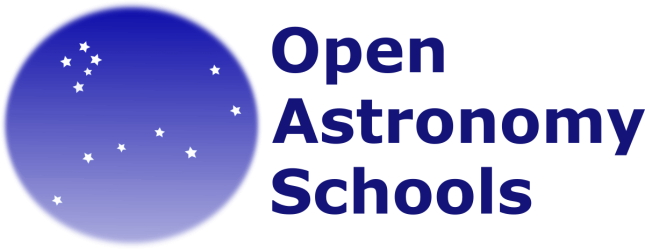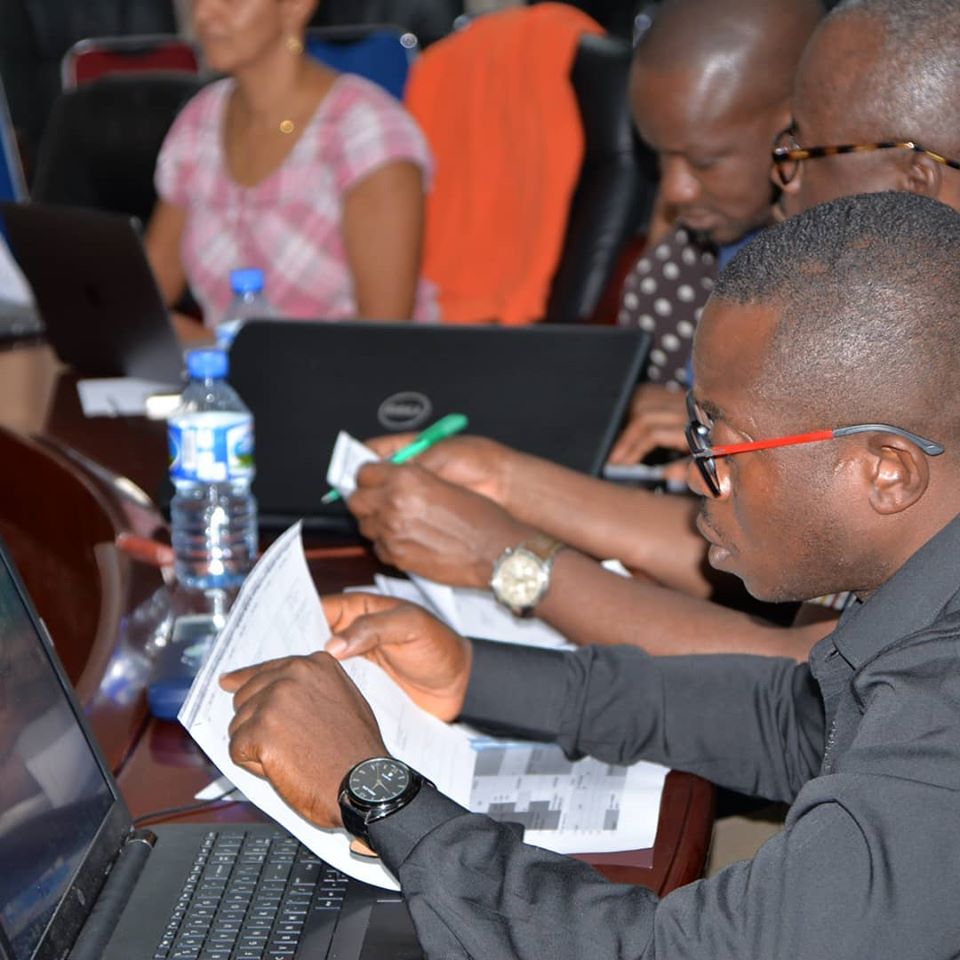Report sent by Dr. Linda Strubbe – WAISSYA Co-Director; Postdoctoral Research Associate, Kansas State University and American Association of Physics Teachers.
ABUJA, NIGERIA- The West African International Summer School for Young Astronomers (WAISSYA) programme has completed another successful school.
On October 28, undergraduate and graduate students from across Africa gathered for one week at the National Space Research and Development Agency (NASRDA) in Abuja, Nigeria. The course immediately followed a week-long workshop for instructors.
The goals of the program are to contribute to building a critical mass of astronomers, to build a community of future scientific leaders in West Africa, and to exchange ideas about teaching and learning across continents.
Students in the undergraduate stream learned scientific thinking via innovative teaching methods, derived from principles of education research – especially “inquiry.” This included a project in which students designed and conducted a scientific investigation about the distance to an astronomical object. Students also participated in interactive lessons about stars, exoplanets, galaxies, radio astronomy and cosmology, and in discussions about career paths in STEM. Another highlight was the group teaching project, where student teams designed an astronomy outreach activity to bring back to their home communities.
Students in the graduate stream learned the basics of UNIX and Python, allowing them to inspect, process and visualize astronomical data. They were also introduced to a practical implementation of both Frequentist and Bayesian modeling for astronomy. In addition, they learned to schedule optical observations on the Las Cumbres Observatory Global Telescope Network. They were able to obtain time series data on variable stars, process it using Python and then determine the type of variable stars they observed.
Additional highlights from this year included a Women in Science lunch, a project on how to communicate astronomy ideas to the public, night-sky observing, and discussion of the future of astronomy in Africa with Director of the Office of Astronomy for Development, Kevin Govender.
Students expressed great happiness at participating in this year’s school.
“The time I’ve spent at WAISSYA 2019 has been one of the best moments of my life – words cannot express how I feel,” says Iheanacho Prince James (from Imo State University in Owerri, Nigeria.) “Personally I’ve gotten a better understanding of teamwork and brainstorming, academically I’ve learnt a lot about cosmology, stars, galaxies, the solar system etc., opportunity-wise I’m [now] aware of the various job opportunities available for students in science (most especially Physics) departments. I’ve never experienced this kind of learning before.”
Many students have also shared that WAISSYA helped them to appreciate that they themselves can think as scientists: they can ask their own scientific questions, break those down into smaller questions, and figure out the answers to these questions by using their own ideas.
Instructors came from Africa, North America, and Europe to collaborate on designing interactive teaching activities for students. The instructor team held discussions about what makes effective teaching and what teaching challenges and strengths they face in their different contexts. Each teaching activity at WAISSYA is co-taught by two or more instructors, to facilitate exchange of teaching strategies, and build community around teaching. Research in other contexts, including work by WAISSYA Co-Director, Dr. Linda Strubbe, has shown that co-teaching can support newer instructors in learning and incorporating interactive teaching methods into their future courses. The Instructor Workshop week included a visit to the University of Abuja for an astronomy symposium and a morning of astronomy outreach to three schools in the area.
Instructors were pleased with the results of this year’s school. “Seeing our students develop their scientific thinking over the course of the week has been so inspiring,” says Co-Director Linda Strubbe, a Postdoctoral Research Associate from Kansas State University. “I’m so grateful to be here working with our students, and am sure that their futures as scientists are bright!” WAISSYA Instructor Esaenwi Sudum, a Research Scientist at the Centre for Basic Space Science in Nsukka, Nigeria, adds, “The students’ energy and drive, their willingness to learn and their dedication, inspired us as instructors to bring our best.”
WAISSYA is sponsored by the Dunlap Institute of Astronomy & Astrophysics, NASRDA – Center for Basic Space Science Nsukka Nigeria, the American Association of Physics Teachers (AAPT), the Development in Africa with Radio Astronomy (DARA) Project, Open Astronomy Schools initiative of the International Astronomical Union, International Centre for Theoretical Physics, European Research Council, and personal donations from Dr. Duy Nguyen.
New to WAISSYA 2019 is an educational partnership with Las Cumbres Observatory (LCO). As a Global Sky Partner to the LCO, WAISSYA postgraduate students were able to use the LCO global telescope network to obtain data on variable stars for scientific analysis.

